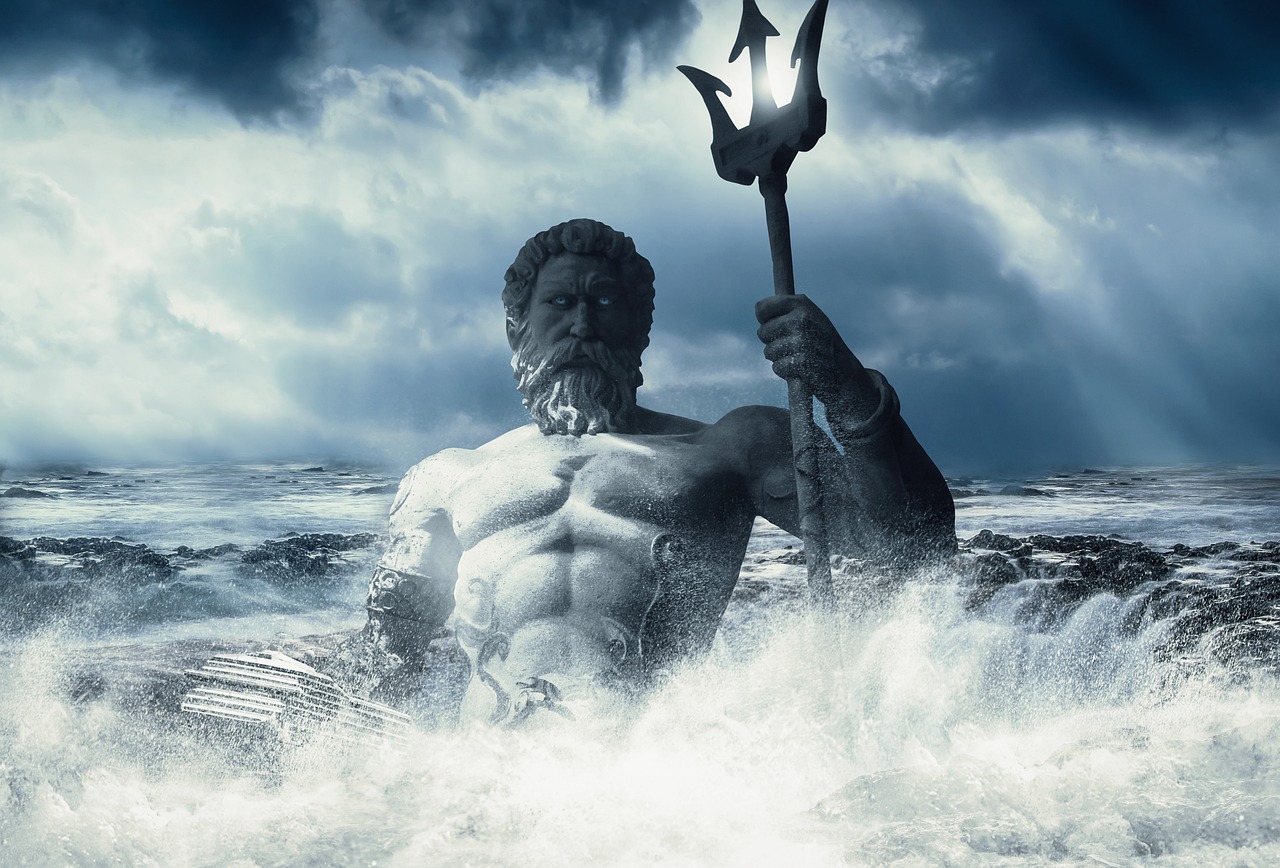Greek mythology constitutes a rich tapestry of narratives centered on deities, heroes, and ancient Greek religious customs, dating back to Classical antiquity. The myths, often embellished with fiction, were recognized for their narrative power, with critical thinkers like Plato in the 5th–4th century BCE acknowledging this aspect. Despite the skepticism of some intellectuals, these myths were broadly embraced as authentic by the people of that era. The impact of Greek mythology has endured, profoundly influencing Western arts and literature, inheriting a treasure of cultural ideas from ancient Greece.
Throughout history, various civilizations have woven their myths to explain the natural world, celebrate gods and heroes, or provide rationalizations for societal structures. However, Greek myths stand unparalleled in the Western canon, sparking the imagination of poets and artists across centuries, who have reinterpreted classical themes and imbued them with modern meaning.
Literary and Archaeological Origins of Myths
The foundational texts of Greek mythology can be traced back to epic poems attributed to Homer—primarily the Iliad and the Odyssey. The 5th-century BCE historian Herodotus noted that Homer and Hesiod imparted recognizable traits to the Olympian gods. Today, many would not regard this observation in a literal light. In the Iliad, for example, characters like Apollo (son of Zeus and Leto) become instantly known through their lineage, relying on the audience’s existing familiarity with these narratives.
Moreover, myths were often seen as serious literature, not mere entertainment. Thinkers from Pindar to later Stoic philosophers endeavored to provide deeper interpretations of these stories, often seeking to extract moral or philosophical lessons.
Hesiod’s Contributions: Theogony and Works and Days
Hesiod, another seminal figure in Greek literature, offered pivotal texts that expound on the origins of the gods. His Theogony (c. 700 BCE) is crucial for understanding divine genealogy and is interwoven with folktales and myths explaining natural phenomena. Coupled with Works and Days, which contains ethical and practical advice for life, these poems can be viewed as interconnected; while Theogony focuses on the gods’ identities, Works and Days discusses the importance of justice as a guiding principle for surviving in a challenging world.
Other Literary Contributions
In addition to Homer and Hesiod, a variety of other works have contributed to the Greek mythos. Fragmentary epics and the Homeric Hymns, which detail important religious myths, fill the narrative gaps concerning the Trojan War. Lyric poets, especially Pindar from Thebes, added depth to the mythological canon. The works of Aeschylus, Sophocles, and Euripides, leading tragedians of the 5th century BCE, preserved and propagated myriad traditions, showcasing the complexity of these ancient stories through dramatic expression.
During the Hellenistic period (323–30 BCE), poets and scholars like Callimachus and Euhemerus played essential roles in compiling and interpreting myths. Euhemerus introduced the idea that deities were once mortals, elevating the perception of myths to a historical context. Additionally, the accounts of figures like Apollonius of Rhodes chronicled significant adventures, such as those of the Argonauts in pursuit of the Golden Fleece.
Archaeological Developments
Archaeological pursuits led to vital revelations about Greek mythology. The identification of the Mycenaean civilization by Heinrich Schliemann in the 19th century and the Minoan civilization by Sir Arthur Evans in the 20th century played a crucial role in enhancing the understanding of myth and ritual practices. Discoveries of artifacts trace the development of mythos from approximately 2200 BCE to 1450 BCE, with traces of cultural narratives from the Mycenaean period (c. 1600–1200 BCE) arriving during the Dark Ages that spanned until around 800 BCE.
Material evidence, however, primarily reflects monumental inscriptions, as the Linear B script primarily documented inventories rather than myths. Geometric designs from the 8th century BCE show hints of famous tales from the Trojan cycle and the exploits of Heracles, though their interpretation often remains speculative due to the lack of accompanying inscriptions.
Conclusion
The enduring legacy of Greek mythology continues to resonate, providing a rich reservoir of stories and characters that have inspired countless artists and scholars throughout the years. These tales offer compelling insights into the human experience, weaving together themes of morality, existence, and the divine.



